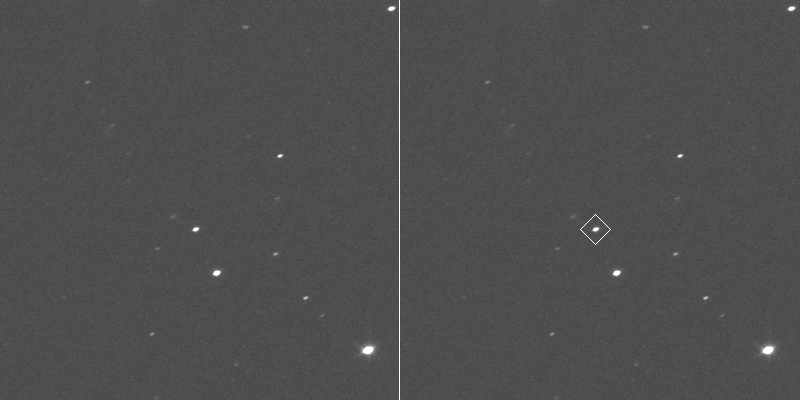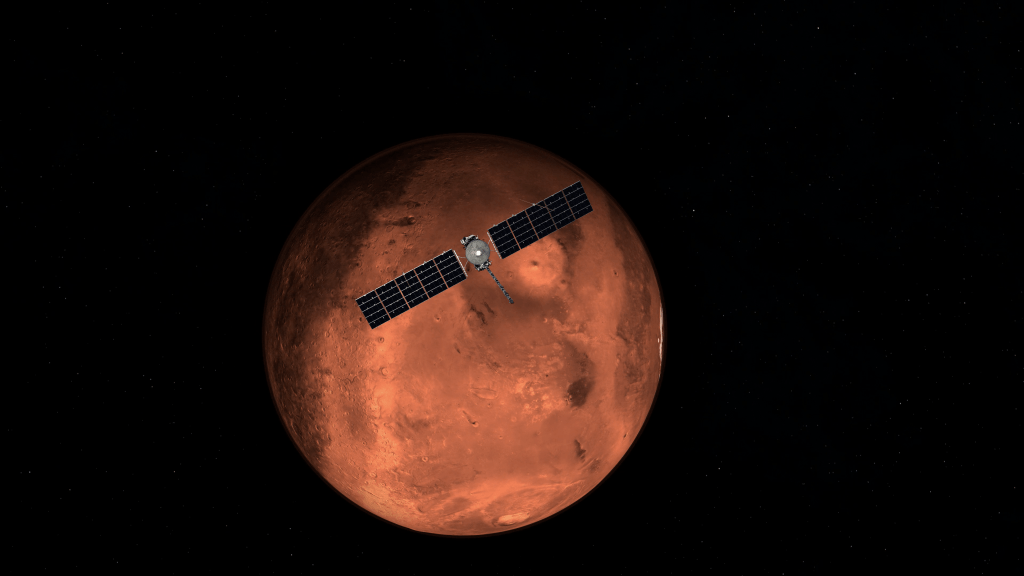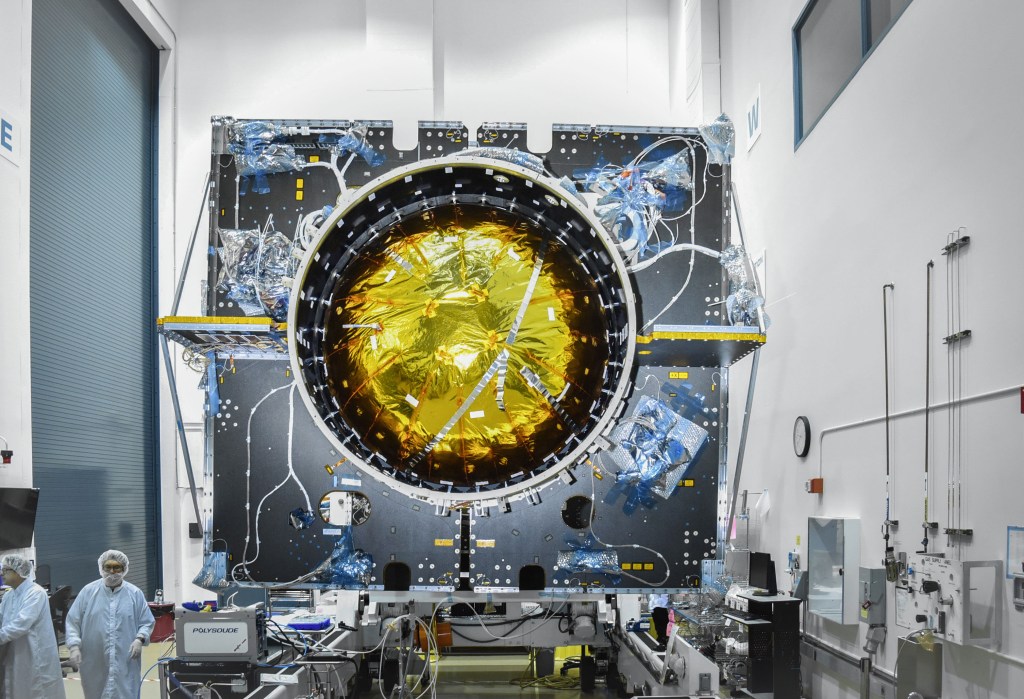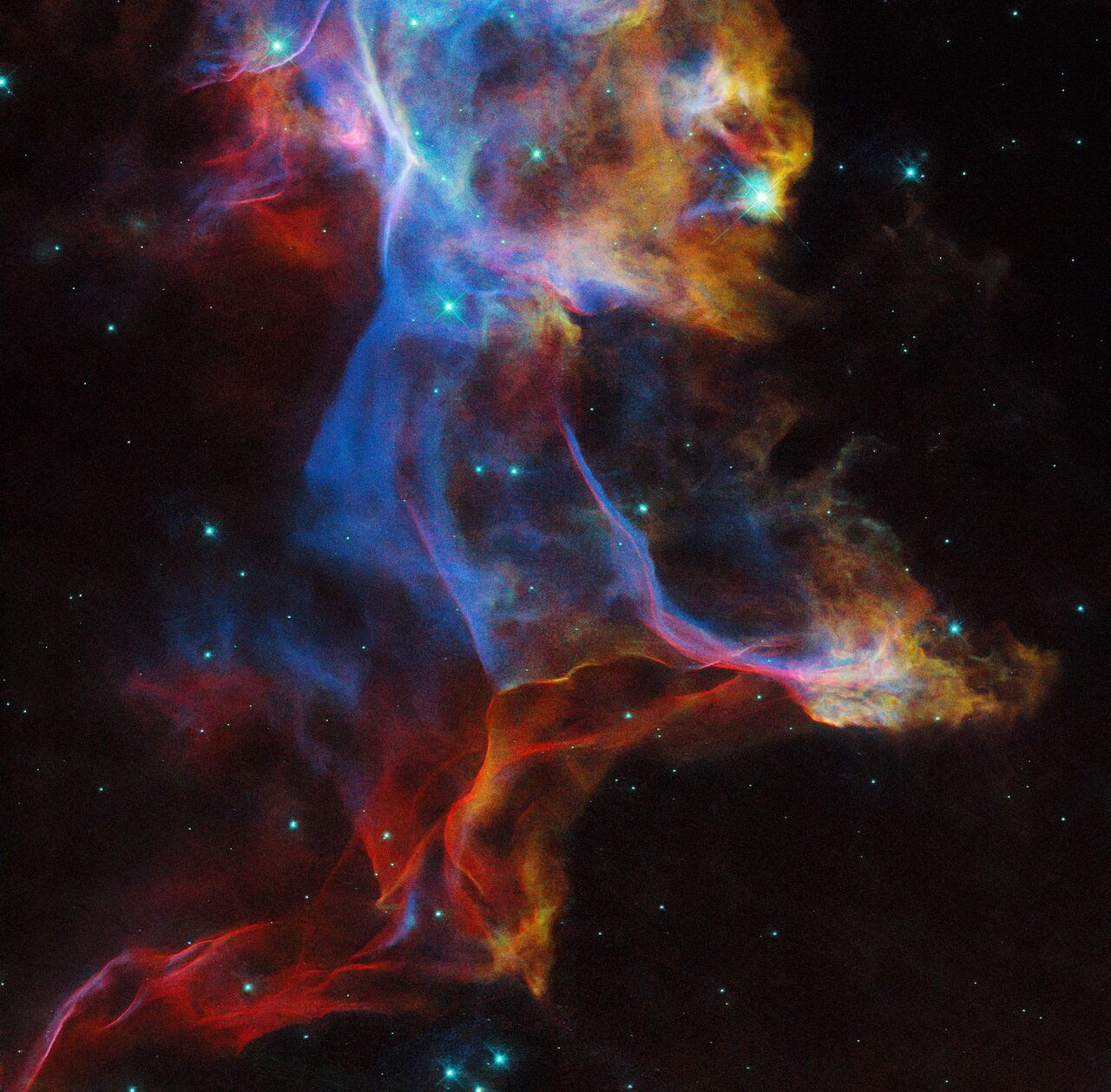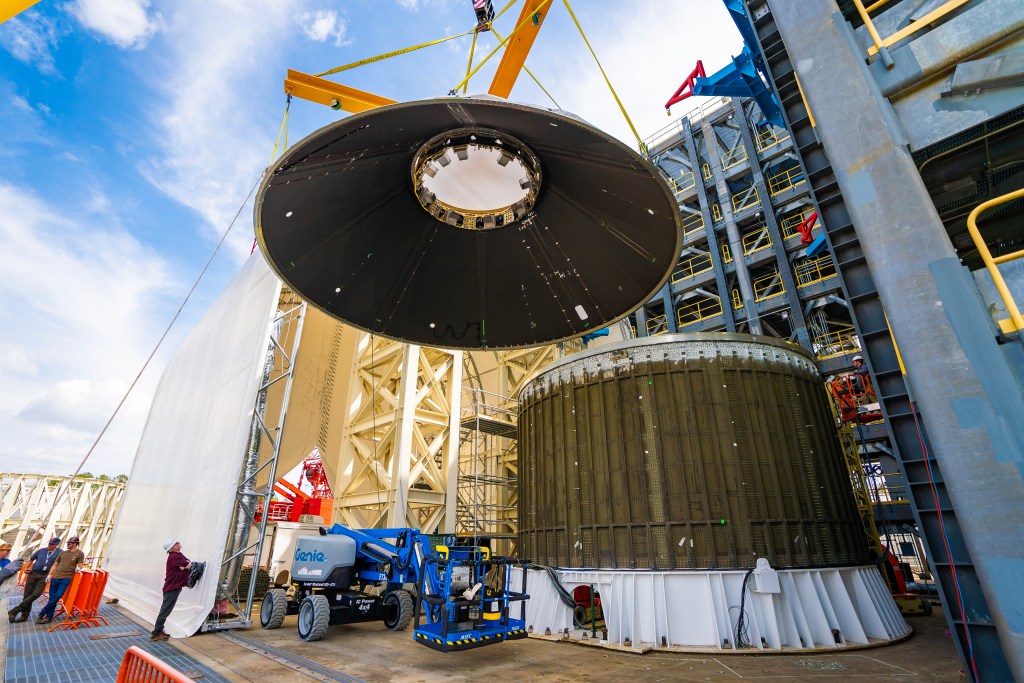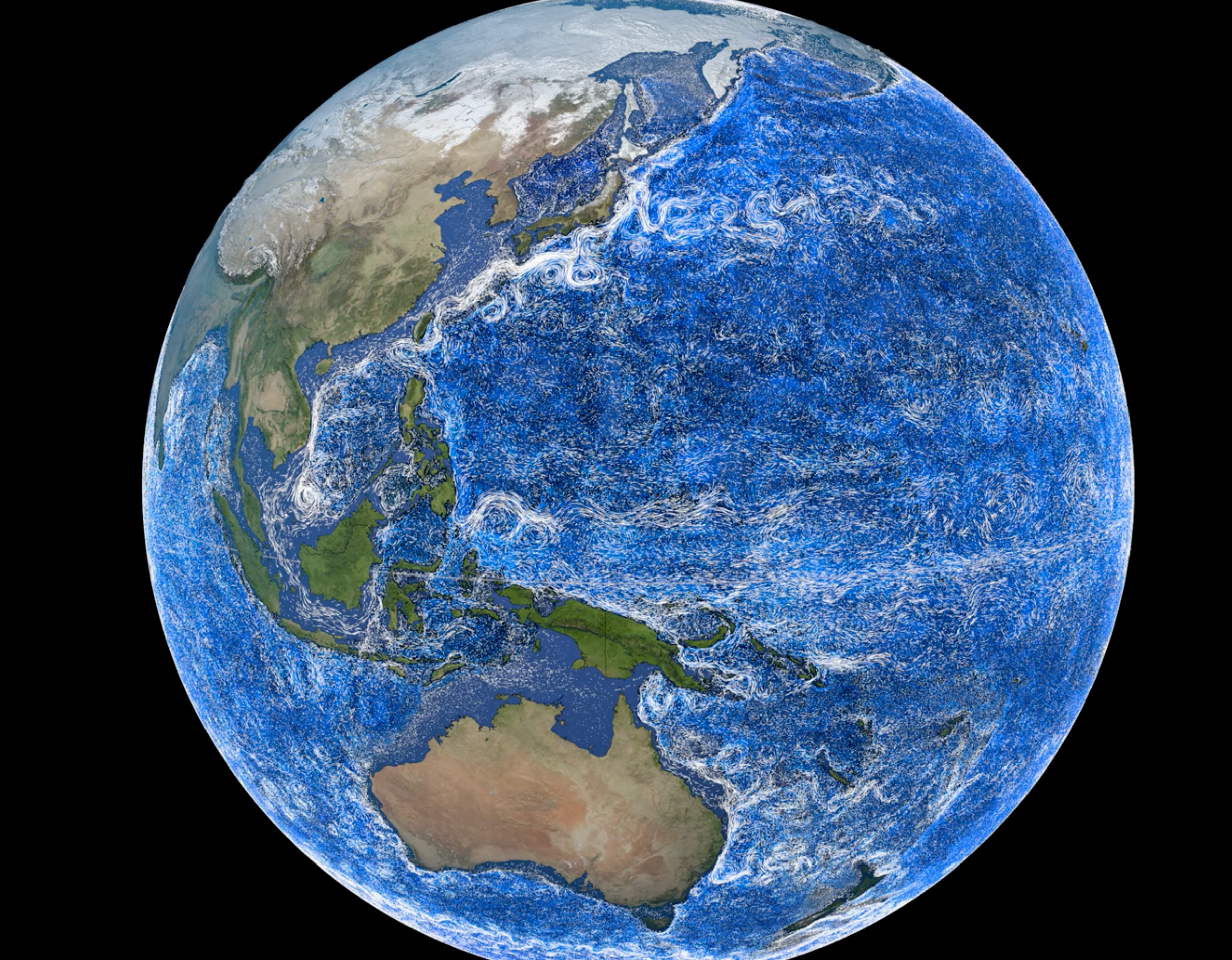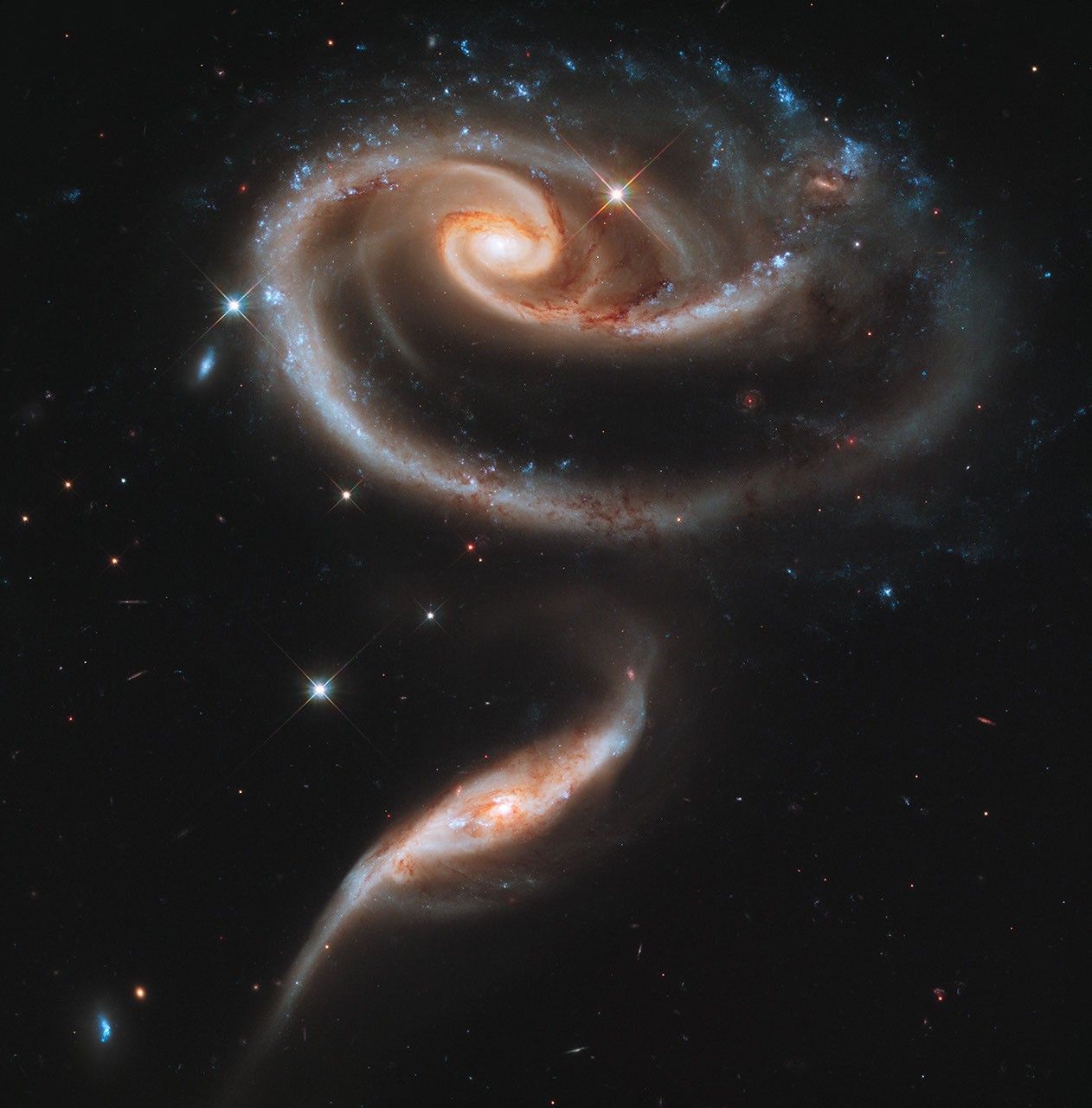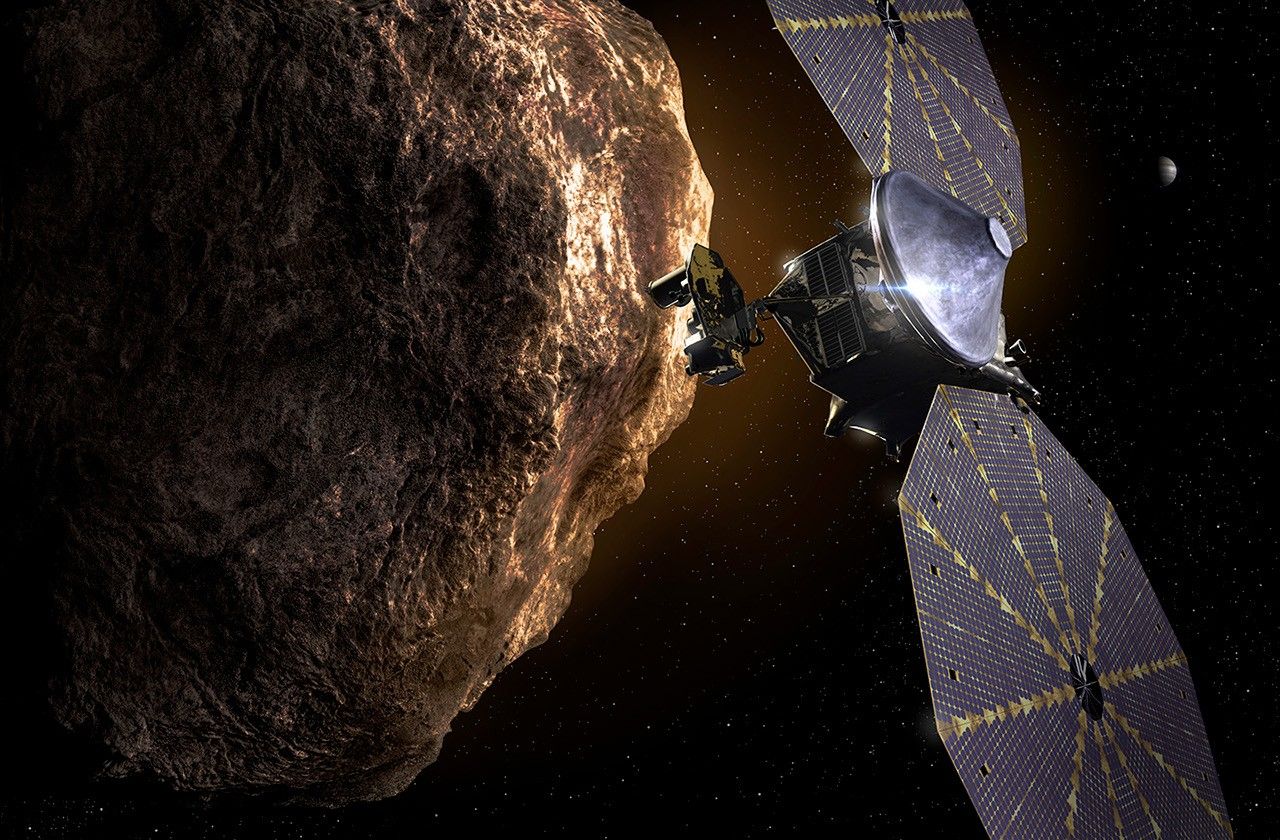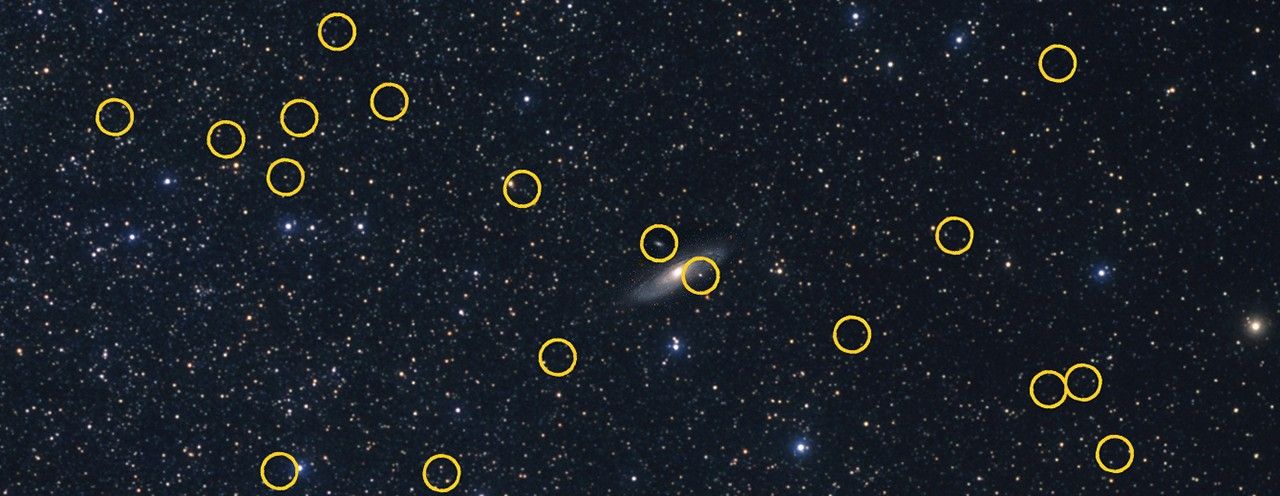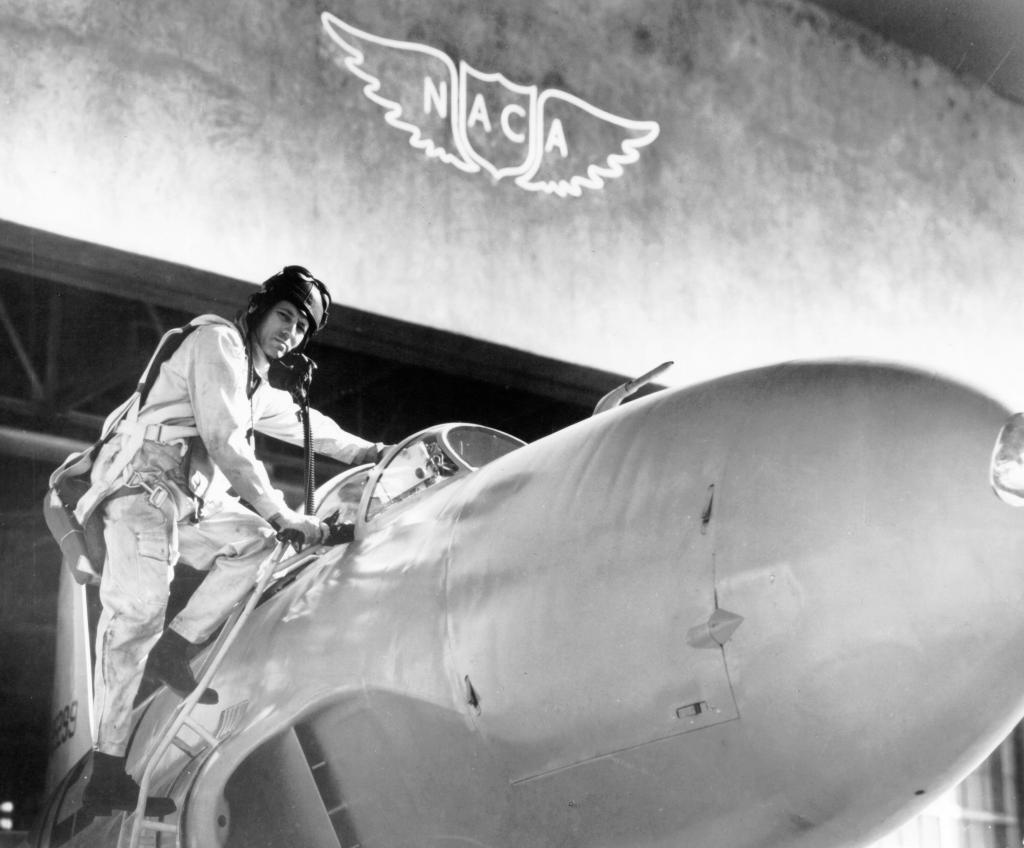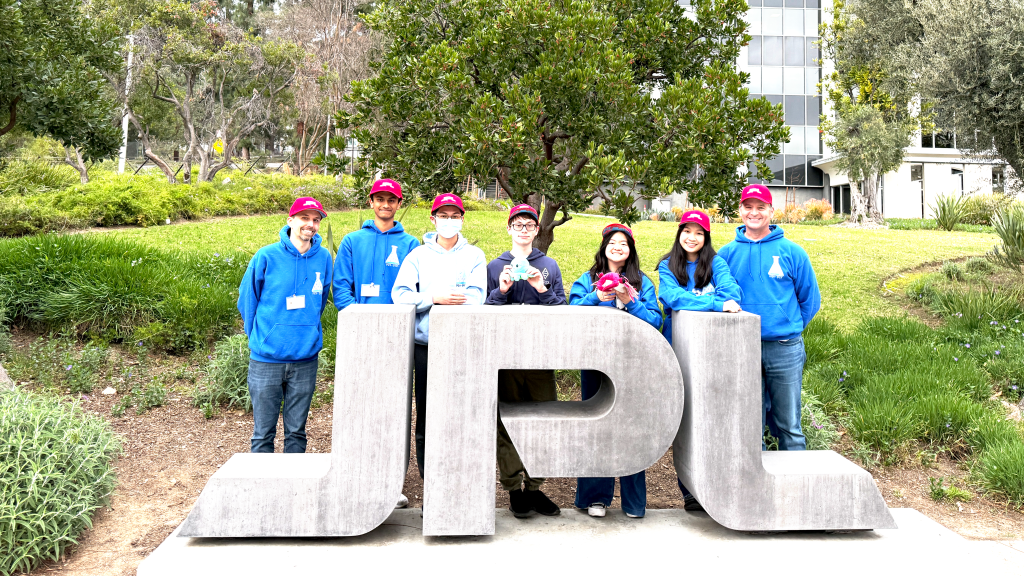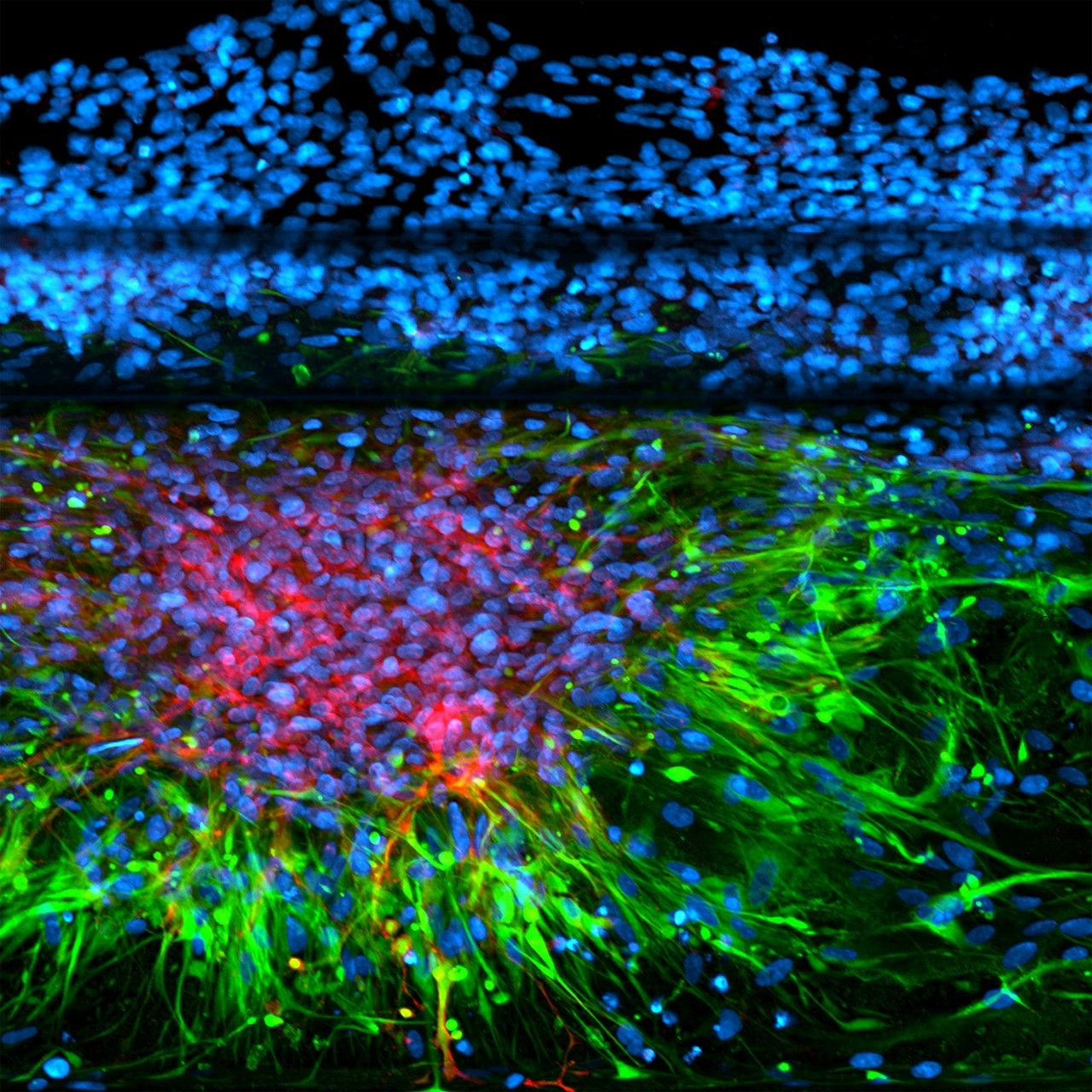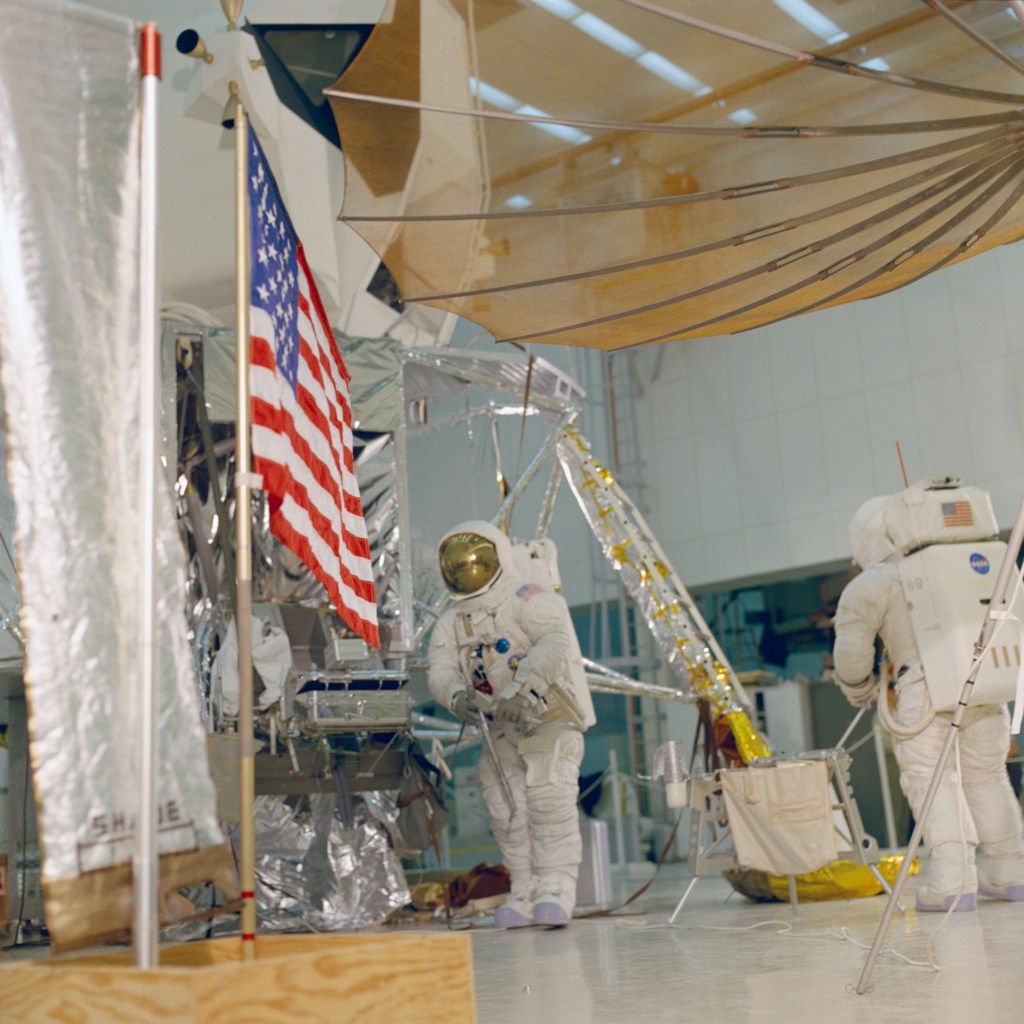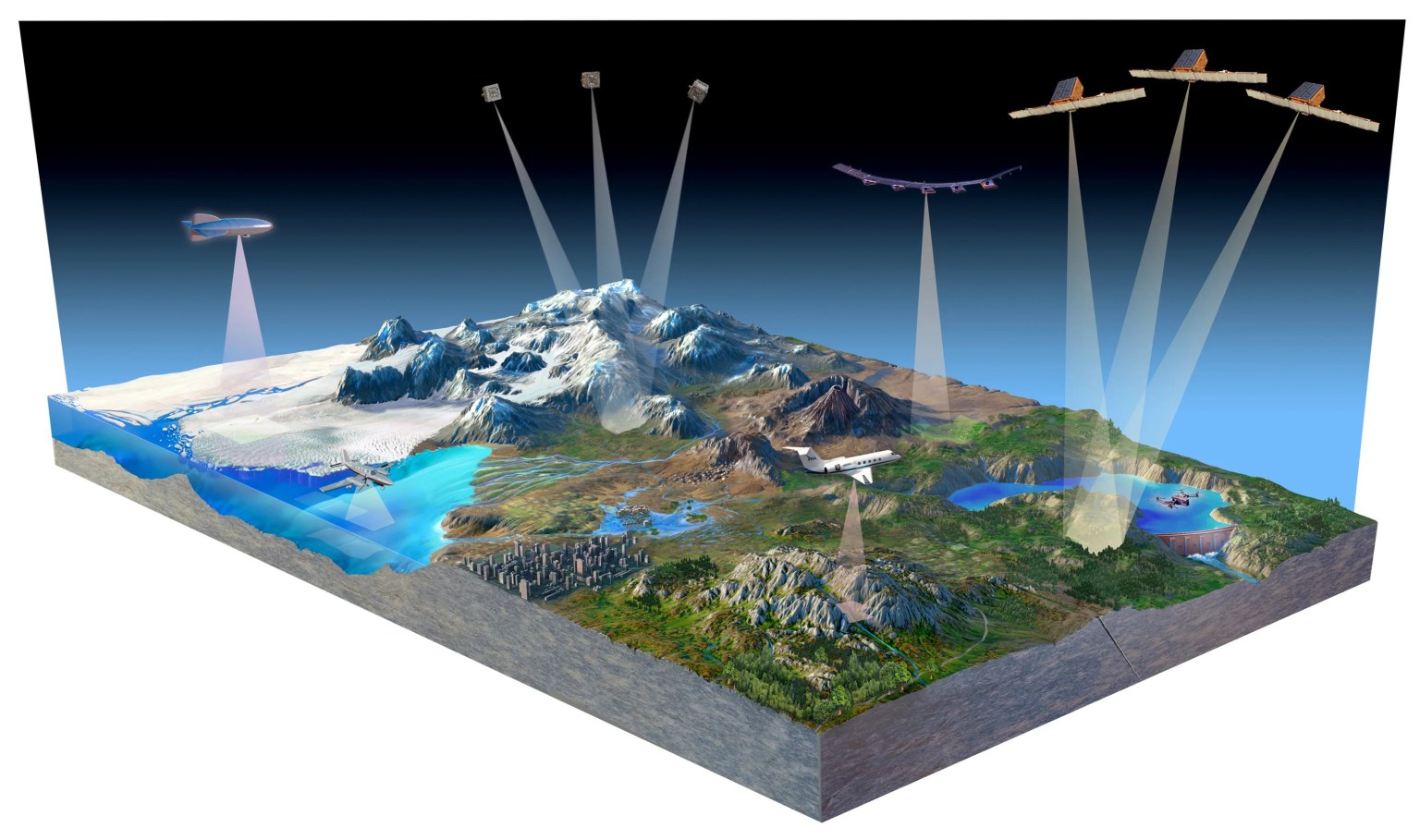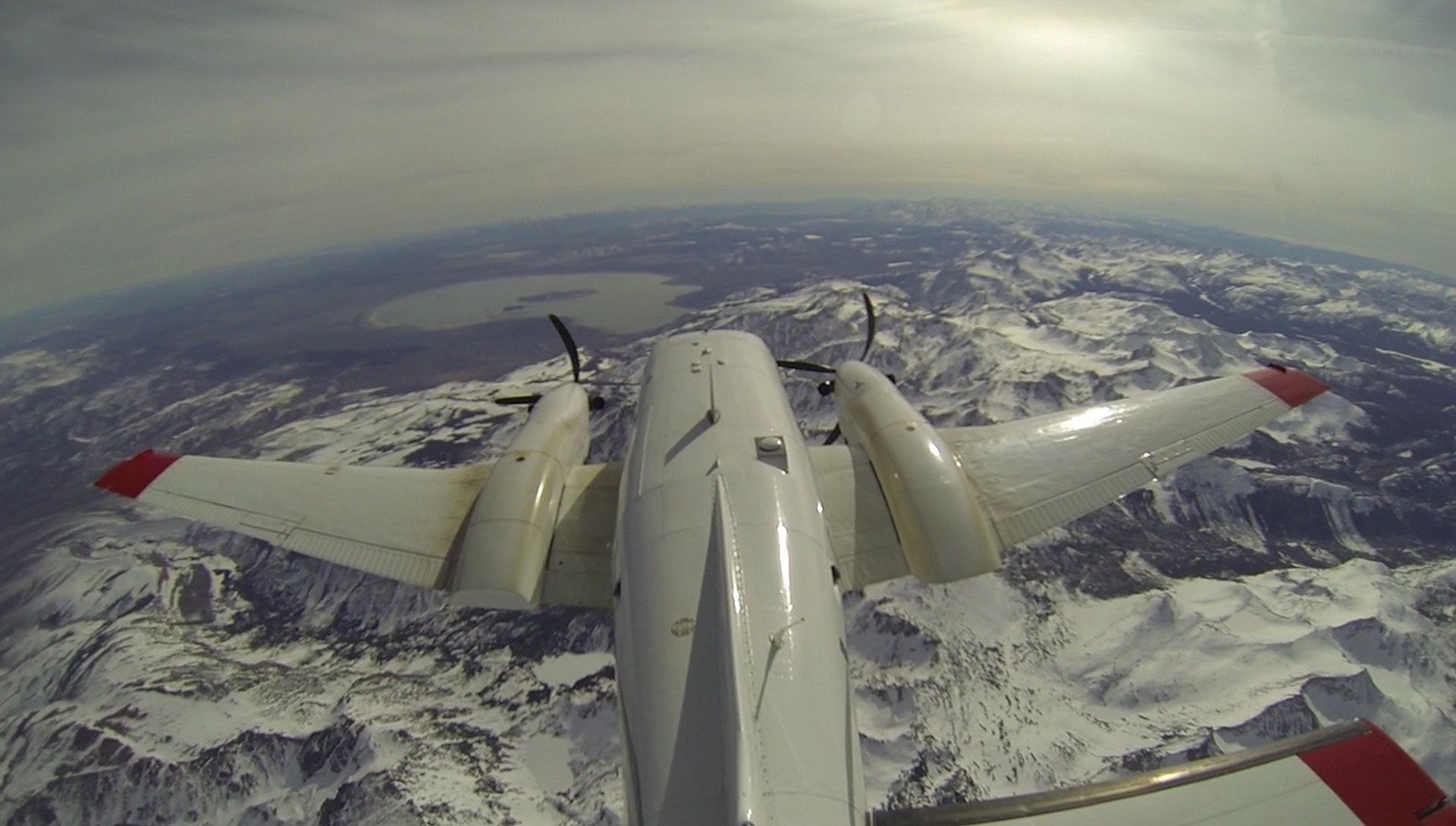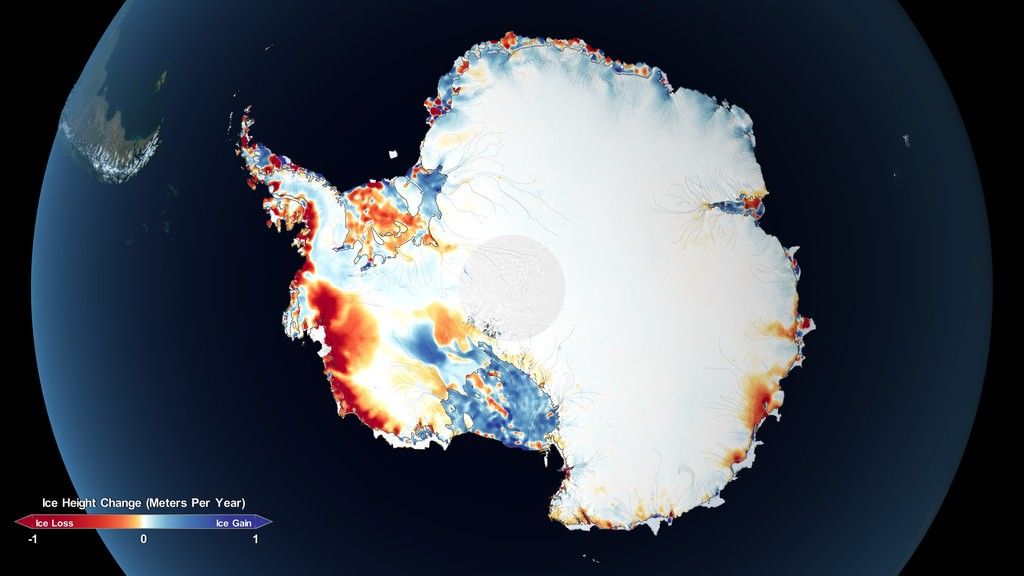Surface Topography and Vegetation (STV)
Mapping Earth’s Changing Surface and Overlying Vegetation Structure
Overview
The 2017-2027 Decadal Survey recommended high-resolution global topography, including bare surface land topography, ice topography, vegetation structure, and shallow water bathymetry as a targeted observable (TO). Targeted observables address key priorities within and across disciplinary lines for a set of science objectives related to a common aspect of the Earth system. STV science goals call for exploring next-generation measurement approaches that could be ready for spaceborne implementation within the decade.
Key Questions
How do Earth’s changing surface and overlying vegetation inform us about natural disasters, carbon fluxes, ecosystem habitats, climate impacts, and water availability?
Solid Earth: How does Earth’s surface structure respond to tectonic and climate forces and what are the implications for geologic hazards?
Cryosphere: How are the changing ice sheets and glaciers interacting with the global climate system and Earth’s oceans?
Vegetation Structure: How is Earth’s vegetation responding to climate change and what are the feedbacks to the carbon cycle, hydrologic cycle, and ecosystems?
Hydrology: How will water availability and flow change with climate and increasingly dynamic landscapes?
Coastal Geomorphology: How are coasts changing by natural and human influences and what are the impacts?
Applications: How does understanding changing topography and vegetation structure enable better hazard and resource management?
STV Content Pages
Participate in STV
Research Areas
STV research areas include bare-surface land topography, ice topography, vegetation structure, and shallow water bathymetry. High-resolution characterization of surface topography would allow for improved understanding of geologic structure, tectonic and volcanic activity, geomorphic processes, sea-level rise and storm surge in coastal areas, glacier and ice sheet mass balance and flow characteristics, and other dynamic processes that could provide new insights into forecasting of natural hazards. In a similar manner, high-resolution characterization of vegetation structure could lead to significant improvement in the understanding of ecosystems, including carbon stocks and fluxes, as well as the relationships between biodiversity and habitat.
Improved measurements of inland and coastal shallow water geomorphology could further inform studies of sea-level change, ice discharge near the grounding line, nautical navigation, and other science and applications objectives at the land-water interface. The team considers improved lidar, radar, and stereoimaging techniques for producing repeat global topography and vegetation structure data products at desired resolutions to meet scientific and application goals. As a part of that, the team considers the potential benefits of coordinated observing using a mixture of sensors on aerial and satellite platforms along with needed improvements in platform capabilities and information technologies.
STV Study Leads
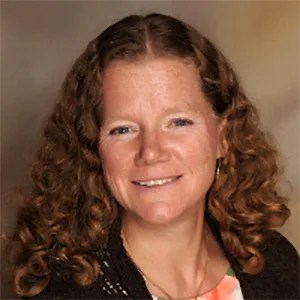 Lead Andrea Donnellan NASA/ JPL/ Caltech | 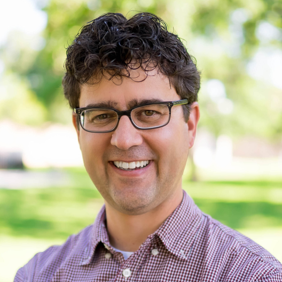 Tech Co-Lead Craig Glennie Univ. Houston | ||
| Science | Technology | Observing System | Partners & End Users |
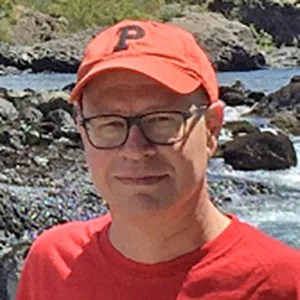 Solid Earth Paul Lundgren NASA/ JPL/ Caltech |  Radar Yunling Lou NASA/ JPL/ Caltech |  Architecture Mark Stephen NASA/ GSFC |  Collaborations Pietro Milillo Univ. Houston |
 Cryosphere Brooke Medley NASA/ GSFC | 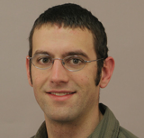 Lidar Ben Smith U. Washington |  Architecture Joe Green NASA/ JPL/ Caltech |  Applications ApplicationsRob Zinke NASA/ JPL/ Caltech |
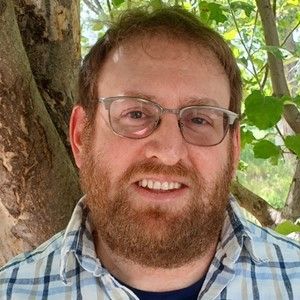 Vegetation Structure Keith Krause Battelle/ NEON |  Stereoimaging Mel Rodgers Univ. South Florida |  Platforms Matt Fladeland NASA Ames | |
 Hydrology Marc Simard NASA/ JPL/ Caltech |  Data Fusion Data FusionDavid Shean U. Washington | 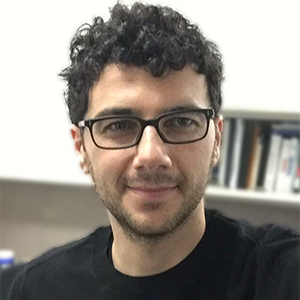 OSSEs Marco Lavalle NASA/ JPL/ Caltech | |
 Coastal Geomorphology Coastal GeomorphologyLori Magruder U. Texas, Austin |  Data Fusion Data FusionRobert Treuhaft NASA/ JPL/ Caltech |

